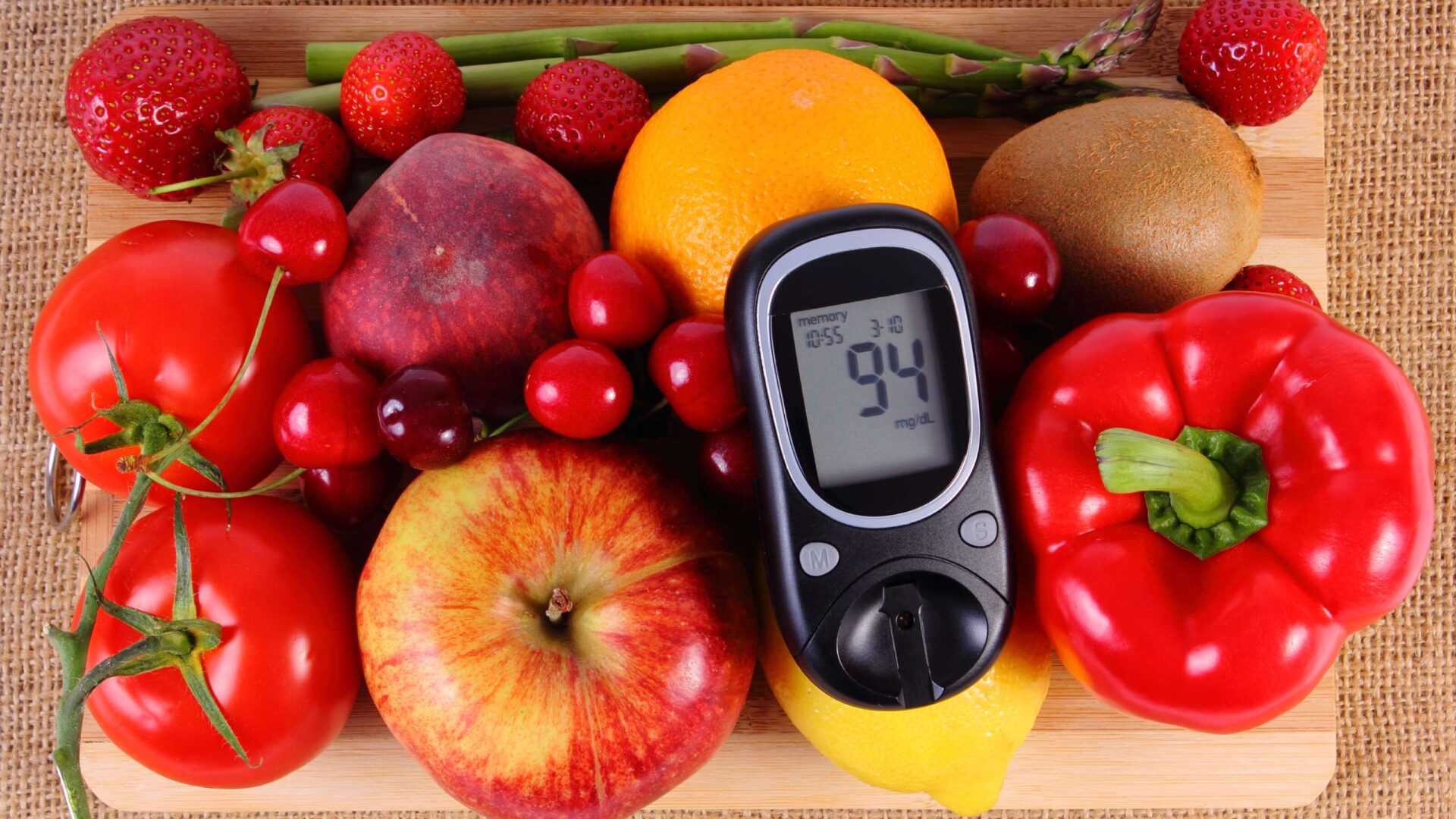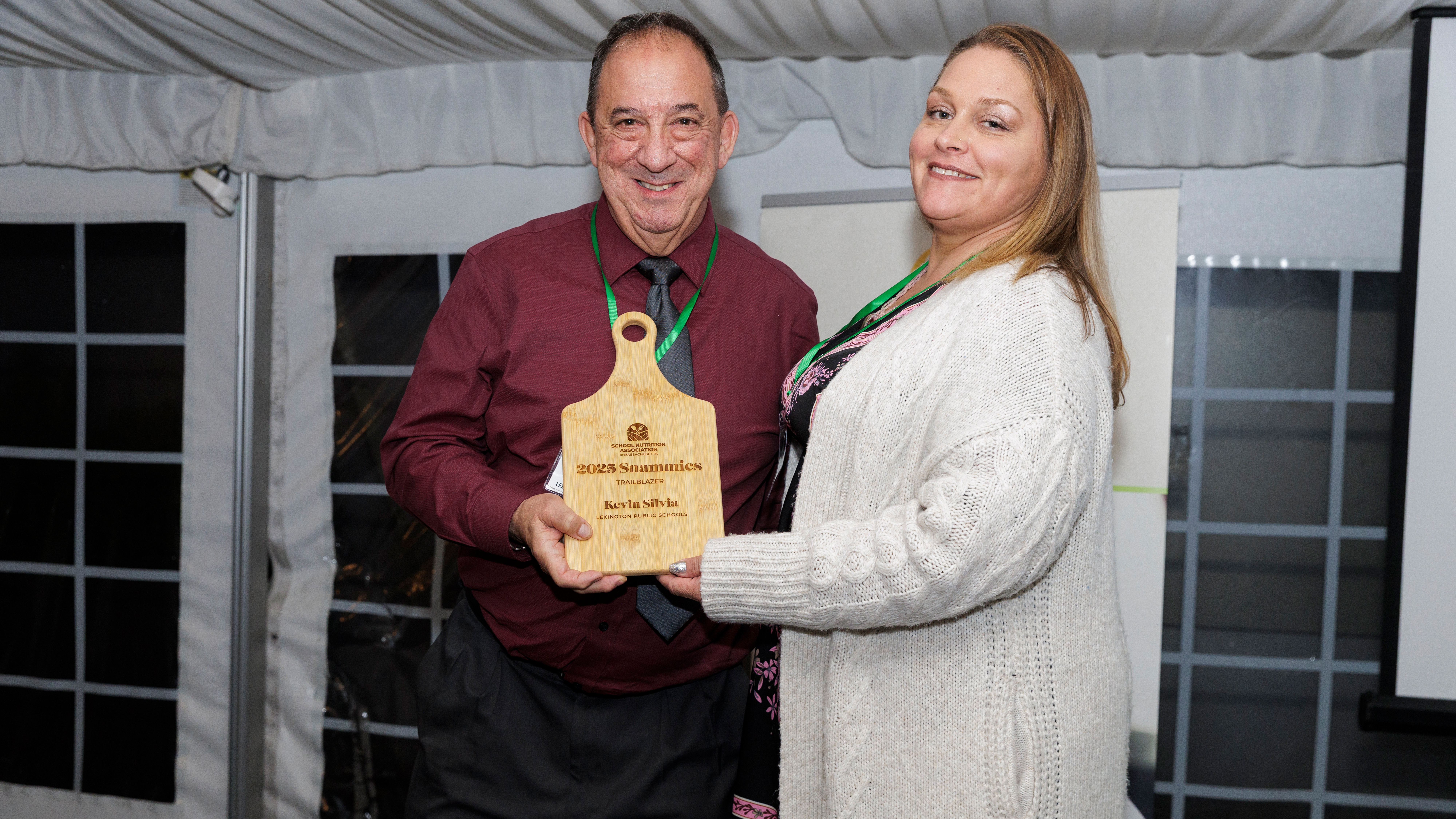Diabetes 101
Contributed by Katherine Barfuss, MS, RD, CDN
According to the Mayo Clinic and the American Diabetes Association (ADA), a diabetic diet simply translates into eating a variety of nutritious foods in moderate amounts and sticking to regular mealtimes. The medical guidelines focus on a healthy eating plan that is low in fat and calories, with an emphasis on whole fruits, vegetables, lean proteins, and whole grains. A diabetic diet is not a restrictive meal plan, but rather an individualized healthy eating model that would be suitable for most everyone; even those not afflicted with the disease.
While some diabetics prefer to manage their diabetes by significantly limiting their carbohydrate intake (i.e. Keto diet), the ADA, Institute of Medicine (IOM), and Dietary Guidelines for Americans recommend a consistent carbohydrate intake and carbohydrate counting for blood glucose control. Research has shown that people with diabetes can enjoy modest amounts of sugar and/or concentrated sweets in the context of a healthy diet when respect is paid to the total amount of carbohydrates eaten.
In addition to a healthy diet, individuals with diabetes are encouraged to engage in regular physical activity, limit alcohol consumption, and manage stress levels to further support a healthy weight and blood glucose control. It is important to note that both exercise and alcohol intake can affect your blood glucose levels. Before starting a fitness regiment, individuals with diabetes should talk with their diabetes care team (doctor, nurse, dietitian, etc.) about the type, timing, and frequency of exercise that is safe for them.
Alcohol can cause hypoglycemia (low blood sugar) in individuals with diabetes and the effects can vary based on the use of medication. As with your exercise plan, drinking habits should also be discussed with your medical team so they can provide guidance on how to drink in a way that works for you.
Managing diabetes can be overwhelming and scary, especially for newly diagnosed individuals, but knowledge is power. Avoid relying on internet searches, which can lead to conflicting and/or misinformation that is not tailored to the individual (you). Anyone with diabetes is encouraged to speak with medical professionals to learn how to best manage their blood glucose and live a healthy life.
About the Author
Katherine is a registered dietitian and certified dietitian/nutritionist with experience in various areas of food and nutrition, ranging from food label regulations to medical nutrition therapy for adolescents and adults. Growing up as an athlete in a competitive family, her initial interest in nutrition stemmed from the desire to achieve peak performance in sports. Learning the role food played on our overall health and well-being turned her personal interest into a career, where she hopes to educate and help others reach their wellness goals.
View All Blogs









